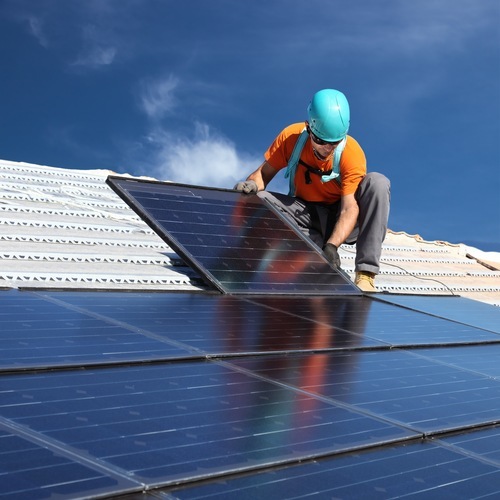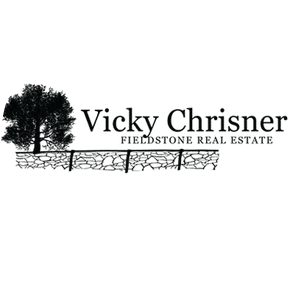Have you driven around town and noticed that more and more homes have solar panels as well as Precast Solar Ballast Blocks installed on their rooftops? Were you thinking that it might be time for you to do the same? Do you believe that using solar energy in your community helps the environment? If so, you may visit https://thesolutionsproject.org/why-clean-energy/ and support organizations that promote sustainability in our communities.
According to a solar power company like Nexamp, while solar panels are a great option for many homeowners, not every house is suitable. If you’re considering taking the plunge into solar energy, contact a local solar power company to determine the possibility of using solar energy in your home.
Here are answers to some of the few basic questions about solar energy.
What are the benefits of solar power?
There are many reasons to be excited about using solar energy for your home, which include:
- Greener living – solar energy is a renewable resource and no emissions are generated from the panels.
- Low maintenance – once your solar energy panels are installed, there’s very little maintenance involved.
- Durability – solar panels don’t contain any moving parts so they’re tough and durable, and most can be expected to last about 25 years.
- Rebates – many states and municipalities offer rebates for switching to solar energy, which can save you money in the long run.
- Property value – solar panels can even increase the value of your home!
How does solar energy work?
While the science and technology behind solar panels is somewhat complex, what it boils down to is that the panels use photovoltaic cells to generate electron activity when exposed to the sun. In turn, this activity is captured and converted to DC electricity. For systems that are connected to the main power grid, a grid connect inverter then converts that electricity to 120v or 240v AC, which is what is used to power most electrical appliances. Aside from solar panels, another way to harness solar energy is through a residential solar hot water system.
Which direction do the solar panels face?
While south-facing roofs are ideal for collecting and converting the most amount of solar energy, homeowners with east or west facing roofs can still benefit. The angle of the panels is set to maximize exposure based on your home’s latitude.
Is my home a good candidate for solar panels?
If your home gets a large amount of shade during the day, you may not be a good candidate for solar energy, since the panels rely on direct sunlight to generate power. Ideally, your roof should get at least five hours of unobstructed sunlight a day. Your roof also needs to have a solid structure that can handle the weight of the panels and the system that supports them. You may discover that your roofing system needs a roof repair before you can safely install the panels. In addition, solar panels are more difficult to install on some types of roofs, including those with Spanish tile or shake. Ultimately, it’s best to consult an electric contractor if you’re considering solar energy for your home.
How are the panels installed?
A solar panel system needs to be installed with solar battery storage as well as a solar battery backup installation by an experienced contractor, and it’s a good idea to get proposals from at least three before you decide who will do the work.
Will the panels hurt the roof?
If solar installation is properly done, the solar panels will not damage the roof. In fact, when a solar installer does the installation, the panels will actually shield the roof underneath them from weather-related damage. Many homeowners even discover that the areas in the home underneath the panels remain cooler in summer months and warmer in winter. Make sure that your solar panels get a solar panel cleaning service at least every six months to keep them in good condition.
Compliments of Virtual Results

 By submitting information, I am providing my express written consent to be contacted by representatives of this website through a live agent, artificial or prerecorded voice, and automated SMS text at my residential or cellular number, dialed manually or by autodialer, by email, and mail.
By submitting information, I am providing my express written consent to be contacted by representatives of this website through a live agent, artificial or prerecorded voice, and automated SMS text at my residential or cellular number, dialed manually or by autodialer, by email, and mail.

